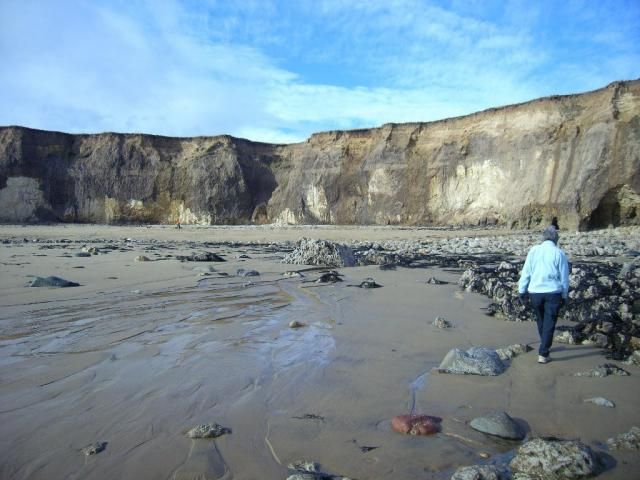First gap: bicarbonatemarkm1878 wrote:The knowledge on here never ceases to amaze. Thanks for all the info.
Can someone tell me if I understand (in an extremely basic way) alkalinity in brewing ...
With the correct level of alkalinity (and starting ph of water presumably) our malt bills should acidify the liquor to an ideal pH (5.2-5.5). If the water has a high alkalinity, something in the water (please fill the gaps) acts as a buffer stopping the grains doing what they should do and bringing the mash pH down. Therefore if we find that the water has high alkalinity, we can add something (again please fill in) to compensate for the acid neutralising entities.
Second gap: lots of options. Gypsum, calcium chloride, acids (various), darker malts, acidulated malt.
It's not just the mash you need to think about. When you sparge you rinse out all the chemicals that hold the mash pH down and so pH rises. As a result, the hot water starts to extract nasty stuff from the grain. So you need to treat your sparge water or at least take care not to overdo the sparging.


